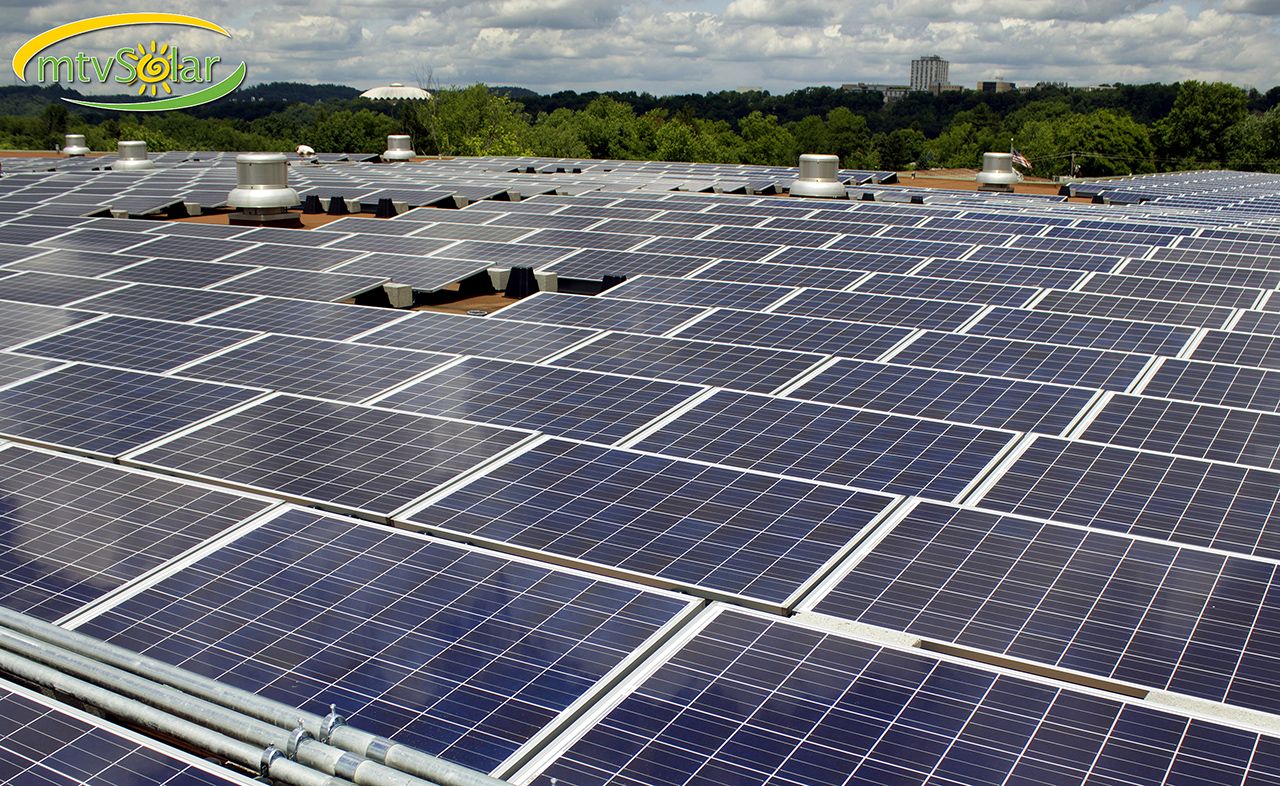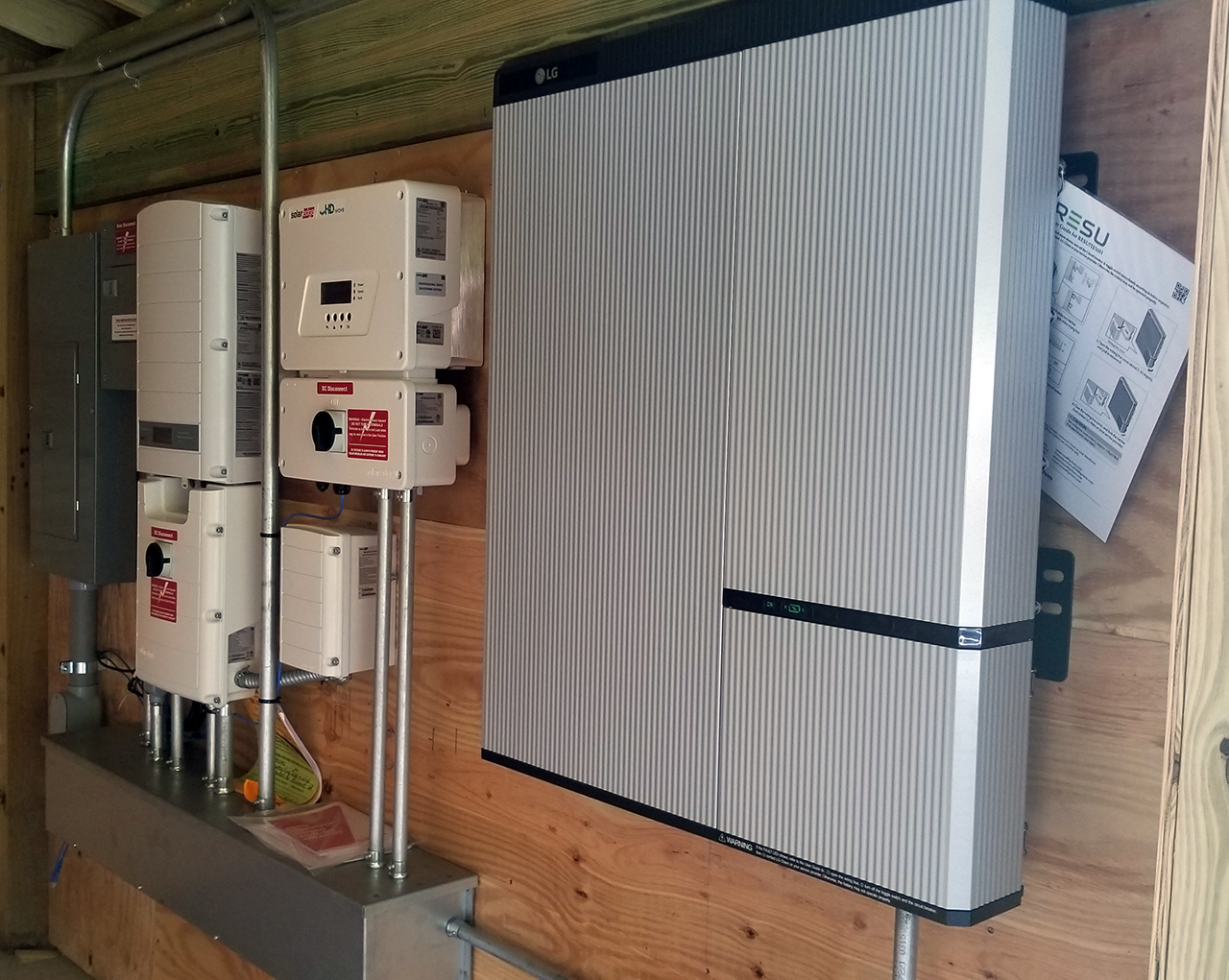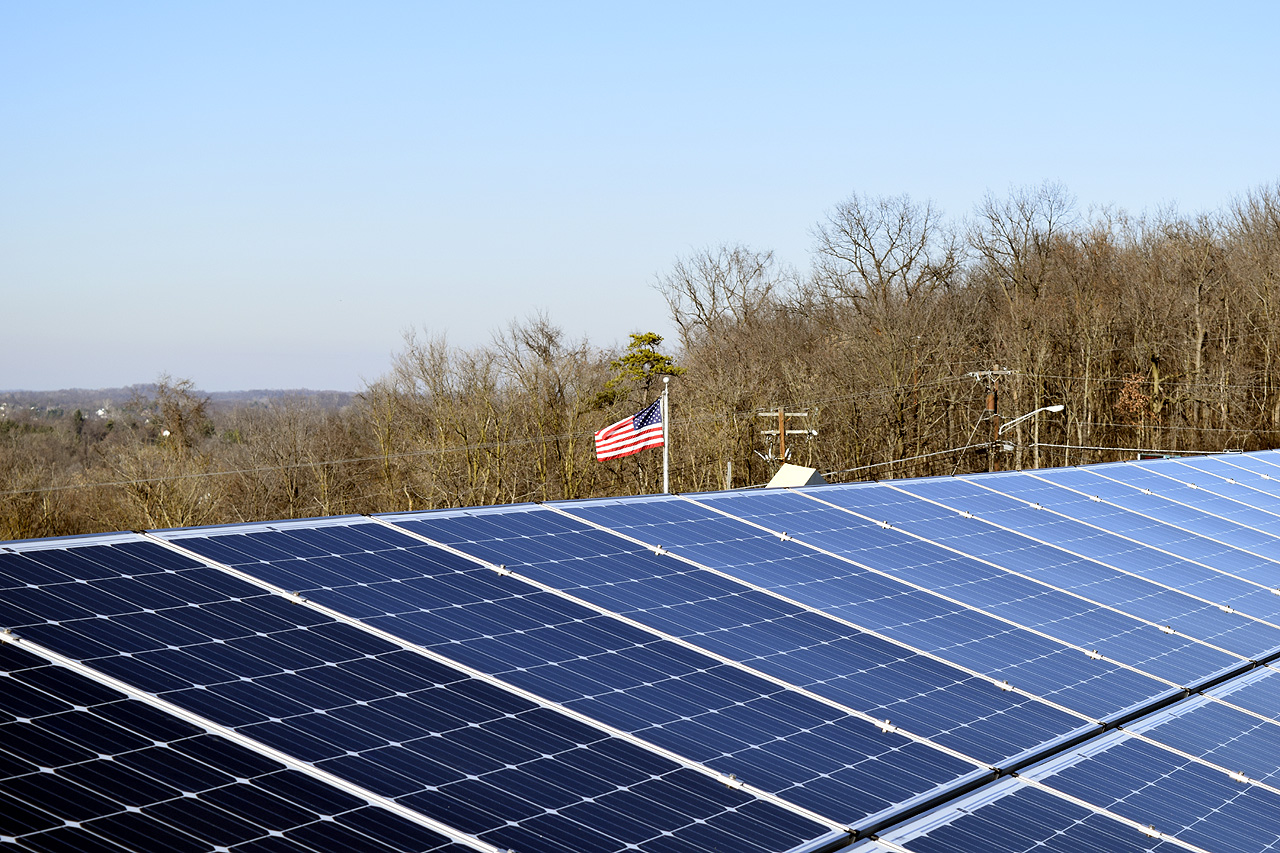 Choosing a contractor to install your solar panels is an important decision. Done right, solar is a fantastic energy source that will save you money for decades and provide a more sustainable future for the planet. A poor installation, however, could cause more problems than it is worth. Solar Energy Industries Association (SEIA), the trade association for solar energy, has published a new document that contains a variety of best practices in the field of solar installations. In this post, we’ll specifically discuss the parts related to the qualifications of contractors. The SEIA document gives a list of things that a financier will require when working with a contractor. Knowing these requirements will give you an unbiased look at the types of qualification you should be seeking from a potential installer.
Choosing a contractor to install your solar panels is an important decision. Done right, solar is a fantastic energy source that will save you money for decades and provide a more sustainable future for the planet. A poor installation, however, could cause more problems than it is worth. Solar Energy Industries Association (SEIA), the trade association for solar energy, has published a new document that contains a variety of best practices in the field of solar installations. In this post, we’ll specifically discuss the parts related to the qualifications of contractors. The SEIA document gives a list of things that a financier will require when working with a contractor. Knowing these requirements will give you an unbiased look at the types of qualification you should be seeking from a potential installer.
Work History
Experience is one of the most important factors you should consider. A contractor should be willing to provide you with their company’s work history. Look for a company that has 3 or more years of experience in residential solar PV installation. If the company itself does not have that much experience, you should look for 5 or more years of experience as leadership personnel in the same. For example, a contractor might have just started their own company, but have worked in a leadership position at another solar company for a lengthy amount of time. This contractor would be still be considered to have experience. Keep in mind the leadership position qualifier in that statement. You want a contractor who is going to know the ins and outs of the solar industry and how to complete an install safely and effectively.
Of course, anyone who has ever applied for a job is well aware of the catch 22 of not being able to get a job without experience and not being able to get experience without a job. Absent the above experience, there are other ways that a contractor can prove that they have the experience required to do the job.
One of the ways they can do that is to provide third-party quality inspection scores for the last 6 months worth of jobs. They should be able to provide these scores for at least 10% of those jobs. You’ll want to make sure that those reports have a minimum score of 80%.
For a very new company, even that might be difficult to provide. At the barest minimum, you’ll want a contractor whose site supervisor has completed a 30-hour safety course from OSHA as well as 40 hours of solar PV technical training covered by the NABCEP Job Task Analysis.
Financial Stability
A solar finance company is going to want to know that the installer is financially secure. The documents that the financier will ask the contractor for are not things that they are likely to share with you. Because of this, you will not be able to do the same thorough vetting that the finance company can. That doesn’t mean that you shouldn’t ask them if they are comfortable providing financial information to a financier. Ideally, you’ll work with a company that offers help providing financing. Not only will you know that they are willing to provide the relevant financial information, but you’ll know that they very likely fulfill all of the other qualification requirements on this list as well.
 Health and Safety
Health and Safety
You’ll want a contractor that takes safety seriously. The site supervisor should have completed a 30-hour construction industry training course from OSHA. Other site personnel should have completed a 10-hour version of the same. Additionally, all on-site personnel should be wearing any required safety equipment and be trained on potential hazards specific to solar PV installation.
A good contractor will also have a safety manual for employees that go over proper procedures for reporting accidents, potential hazards, and first aid procedures. This will ensure that not only is each employee trained properly, but that the company functions as a whole in a way that is safety oriented.
Insurance
Accidents happen, even to the most skilled of contractors. Although everyone hopes that they do not happen, it is important that your contractor has insurance in case an accident does occur. At a minimum, you’ll want a contractor who has general liability, workers compensation, and automotive liability policies in place of at least $1 million per occurrence each. If a contractor is also designing the system, you’ll want them to have a professional liability policy, also of at least $1 million.
The contractor may be storing confidential customer information. Today, we are frequently hearing about cyber attacks. Large companies like Facebook have had data breaches that reveal sensitive customer information. You want to make sure your data is safe. Ask the contractor what data they will be storing in their systems and if that data is stored securely and encrypted.
Qualifications
The site supervisor or someone else who can be held accountable should have certifications that show you they are qualified to do the job. At its most basic level, this can come in the form of being a North American Board of Certified Energy Practitioners (NABCEP) Certified PV Installation Professional and by having a master electrician licensed in the state that they will be performing the work in. The North American Board of Certified Energy Practitioners is a voluntary certification agency for energy contractors. They have a variety of certifications that, along with others, can serve as proof of qualifications above and beyond the minimum.
Some of those certifications are:
- Roof Integrated Solar Energy (RISE), Certified Solar Roofing Professional
- Underwriters Laboratories (UL) Certified PV System Installer
- Proprietary technology training offered by an original equipment manufacturer
- NABCEP PV Associate Credential
- NABCEP PV Design Specialist
- NABCEP PV Installer Specialist
- NABCEP PV Commissioning and Maintenance Specialist
Licenses
Each state has different requirements for solar installation professionals. You will want to make sure the contractor has all of the relevant licenses to operate in your state. This should include both trade licenses and business licenses. The contractor should not have a Better Business Bureau rating of less than a C, however you’ll probably want to have a grade A contractor work on your home. You can find a list of solar licensing requirements at the IERC website that will help you determine what licenses you should be asking a contractor about.
Conclusion
We hope that you’ve found this list informative. As we stated in the beginning, choosing a solar contractor is an important decision. If you have any questions or concerns about the process, please feel free to contact us.
You may also refer to this post for more questions to ask your contractor. We are more than happy to answer any questions you may have about the process of solar installation or about our qualifications.


 Health and Safety
Health and Safety